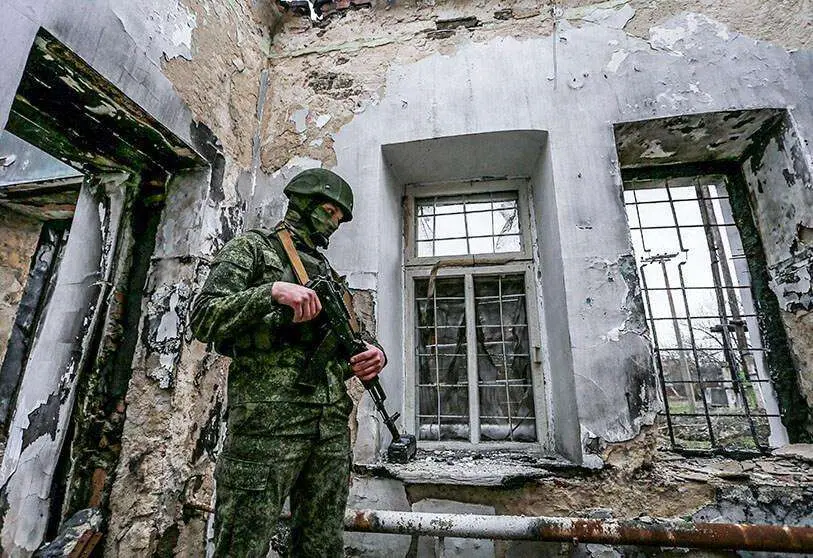Never say never again

The crude and horrible reality that we are living with astonishment from our comfortable homes and that the Ukrainian people are suffering in their flesh with all the damage there is and to be awakens us from an absurd good-naturedness that has been at home among us for too long. In many meetings of old colleagues and colleagues of hard news coverage of cruel conflicts such as those in Bosnia and Kosovo, we used to pray that war would not break out again in Europe, and when the dessert gave way to the digestives we dreamt of no war in the world.
Then came the blunt reflection: never say never again, which exploded in all its crudeness like a 120 mm mortar shell. The dialectical shrapnel would also burn and shatter our well-meaning wishes because, deep down, we knew that he was absolutely right. The list of recent conflicts remains bitterly long and bleak. From Syria to Yemen, to Afghanistan, to Somalia, to Iraq, to the Sahel, and in the 21st century, on European soil, in Ukraine.
The threat of a new war in the Balkans has been gaining momentum in recent months, but Europeans were in limbo, convinced that the welfare state was secure and that there were no enemies in sight with the pretension of seizing power using the very levers of liberal democracies with excessive generosity. Authoritarian, nationalist and demagogic populisms have used the erosion of democracies caused by the inefficiency and low status of their leaders, by an abhorrent and mortally toxic corruption and an ignorant search for unviable solutions in a large part of society to reach power and use it for their own benefit.
In the United States, in Europe, in Latin America, in Asia, in Africa, no continent is spared. Now, Vladimir Putin wakes us up with a slap in the face at the cost of thousands of lives in Ukraine. We are petrified, horrified, outraged at the images of death and destruction of the bombings ordered by Putin. The Ukrainians had prepared themselves and are resisting, for the moment, while asking for help because the decision of the man who claims to be the new Tsar of Great Russia is to subdue his neighbours by force and diplomacy was only a pantomime. Sanctions are slow to take effect. His reasons for demanding Russia's security from NATO were extinguished with the first bomb against Kiev. Diplomacy and peace are possible if Putin wants them; if not, we will have to respond with force, unfortunately. War is all-out and what the Ukrainians need is weapons to defend themselves. And so do we if we do not accept the stark reality.

